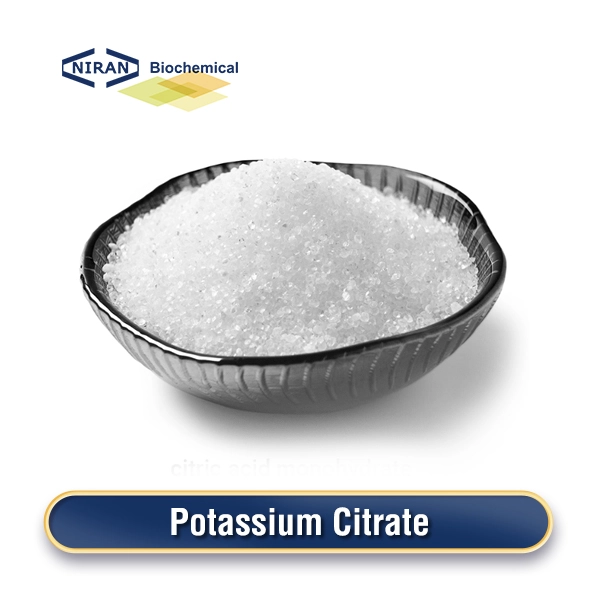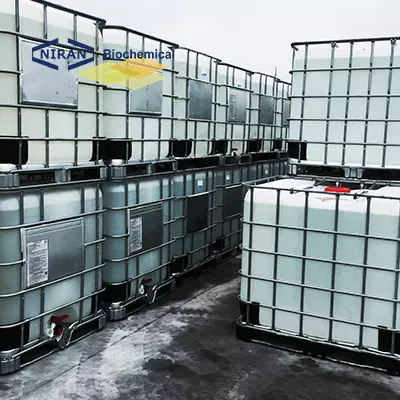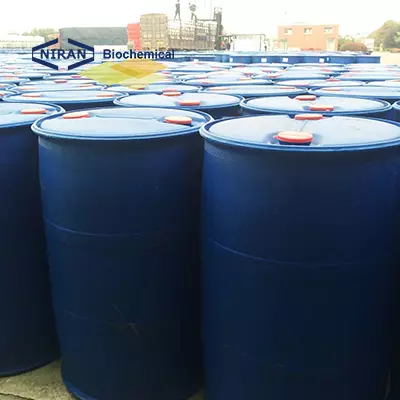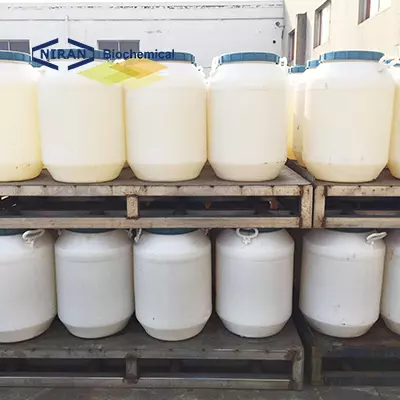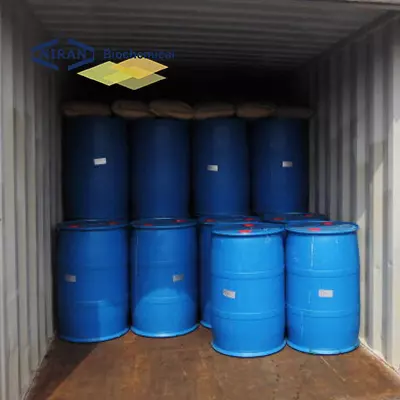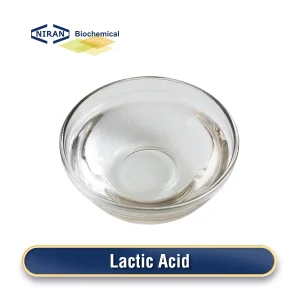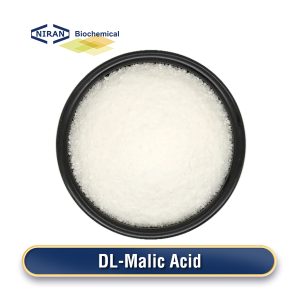What is Potassium Citrate?
Potassium Citrate is an organic compound that appears as a white crystalline powder. It is easily soluble in water and glycerol, but insoluble in ethanol. Potassium citrate is mainly used as a preservative, stabilizer, and pH buffer, and is widely used in industrial products and food additives.
In addition, potassium citrate is also an important substance in the medical field. It is classified as a mineral supplement and can be used to control kidney stones, uric acid or cystine-related diseases, as well as to prevent and treat hypokalemia and alkalize urine.
The main raw materials of Potassium Citrate are corn starch, potassium dihydrogen phosphate, citric acid, and fermentation bacteria. Among them, corn starch provides a carbon source for fermentation growth, potassium dihydrogen phosphate is used to adjust the pH value of the fermentation process, and citric acid is a fermentation product; and the product is produced through fermentation, separation, decolorization, concentration, crystallization and other process means.
Related parameters:
| Item | Standard |
| Appearance | White or almost white granular powder or transparent crystals |
| Water | 3.0-6.0% |
| Heavy metals | max. 10ppm |
| Lead | max. 1.0ppm |
| Sodium | max. 0.3% |
| Chlorides | max. 50ppm |
| Sulphates | max. 150ppm |
| Oxalates | max. 300ppm |
| Iron | max. 5.0ppm |
| Mercury | max. 1.0ppm |
| Arsenic | max. 0.1ppm |
| Cadmium | max. 1.0ppm |
| Tartrates | Passes test |
| PH | 7.5-9.0 |
| Acidity/alkalinity | Passes test |
| Readily carbonizable substances test | Passes test |
| Assay (on anhydrous substance) | 99.0-100.5% |
Recommended dosage:
| Food name | Maximum usage(g/kg) |
| Baked goods | 0.5-1g/kg |
| Bread | 0.5-1g/kg |
| Starch and starch products | 0.5-1g/kg |
| Edible starch | 0.5-1g/kg |
| Prepared meat products | 0.5-1g/kg |
| Complex seasonings | 0.5-1g/kg |
| Western ham (smoked, smoked, steamed ham) | 0.5-1g/kg |
| Starch sugars (fructose, glucose, maltose, some invert sugar, etc.) | 0.5-1g/kg |
| Carbonated beverages | 0.5-1g/kg |
| Instant coffee | 0.5-1g/kg |
| Beer and malt beverages | 0.5-1g/kg |
Potassium Citrate has a wide range of uses
1. Food acidulant:
Potassium citrate has the function of sourness and acidity regulation, which can provide sourness to food and beverages, improve taste and flavor. It is widely used in carbonated beverages, juices, candies and other foods.
2. Flavoring agent:
Potassium citrate can be used as a flavoring agent to enhance freshness and increase the acidity of food. In cooking and processing food, it can be used for pickling, making sauces and salads, etc.
3. Preservative:
As an acidic substance, potassium citrate has a certain inhibitory effect on some bacteria and microorganisms.
4. Promote iron absorption:
Potassium citrate can combine with iron ions to form a soluble iron citrate complex, which helps promote iron absorption and utilization. For people with iron deficiency anemia, potassium citrate can assist in supplementing iron.
5. Metabolic regulation:
Potassium citrate can affect the acid-base balance in the body and regulate the pH of body fluids. It is believed to reduce the accumulation of acidic metabolites in the body and help maintain acid-base balance and metabolic health.
6. Diuresis and alkalization:
Potassium citrate has a certain diuretic effect, which can promote the excretion of excess water and waste in the body. In addition, it can also help alkalize urine and prevent problems related to urine acidification, such as the formation of urinary stones.
User asked question:
Q: Can potassium citrate really treat kidney stones?
A: Potassium citrate is helpful in treating kidney stones. Potassium citrate can increase the pH value of urine and alkalize urine. It has a therapeutic effect on uric acid stones. In addition to drug treatment, kidney stones also need to adjust the diet structure in daily life. For patients with calcium oxalate stones, they should avoid eating foods high in oxalic acid, such as beets, tomatoes, chocolate, and other foods.
For idiopathic high calcium stones, a low-protein, low-salt, and low-fat diet is used. In addition, for uric acid stones, avoid eating foods high in purine, animal offal, and seafood. Even during treatment, you need to drink more water urinate more, and actively treat the primary disease.
Q: If I want to import your potassium citrate, can you provide any certificates?
A: Yes, we are happy to provide you with various certifications, including USP, FCC, European pH range, BP, JSFA, and JP.

